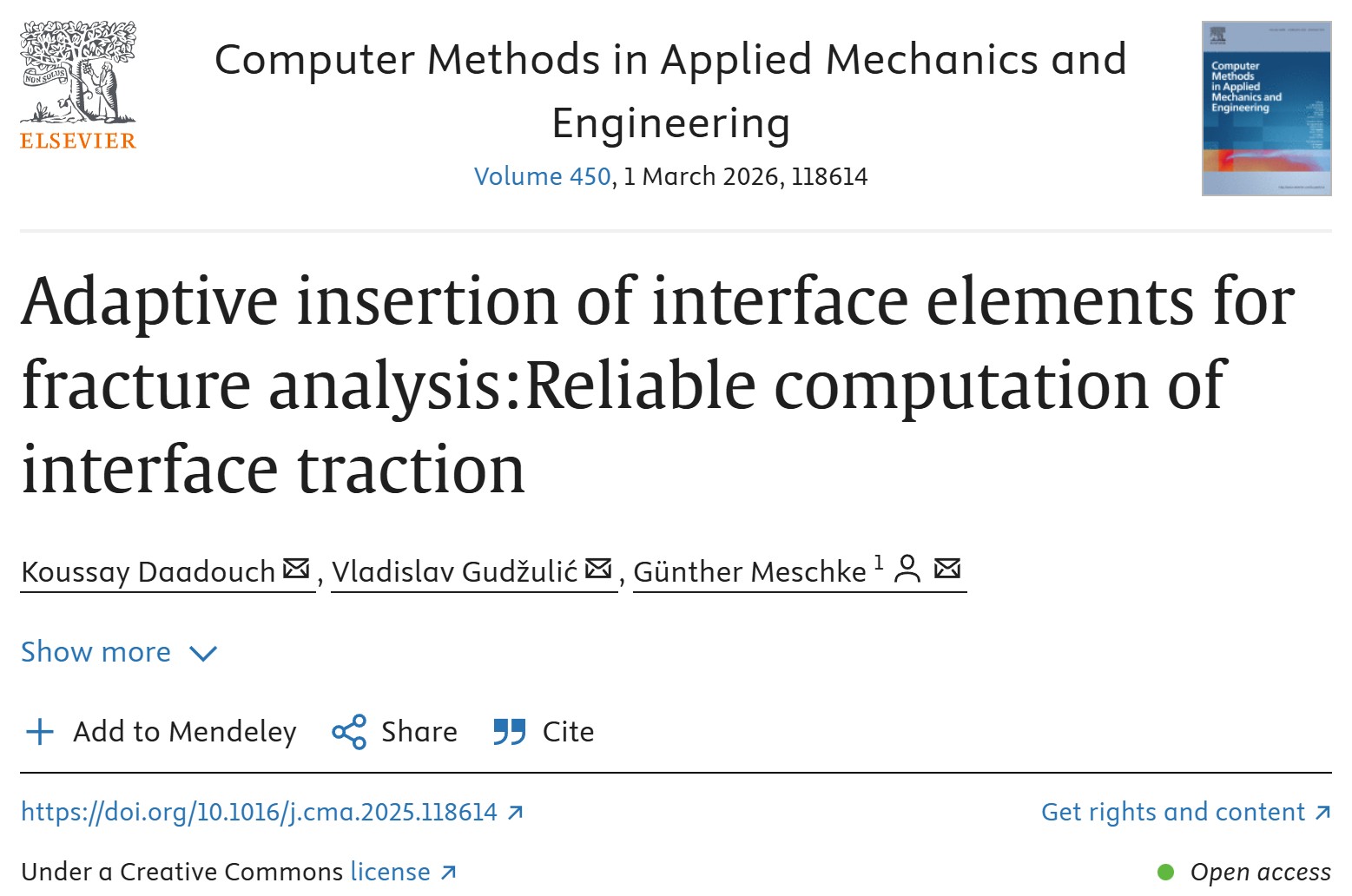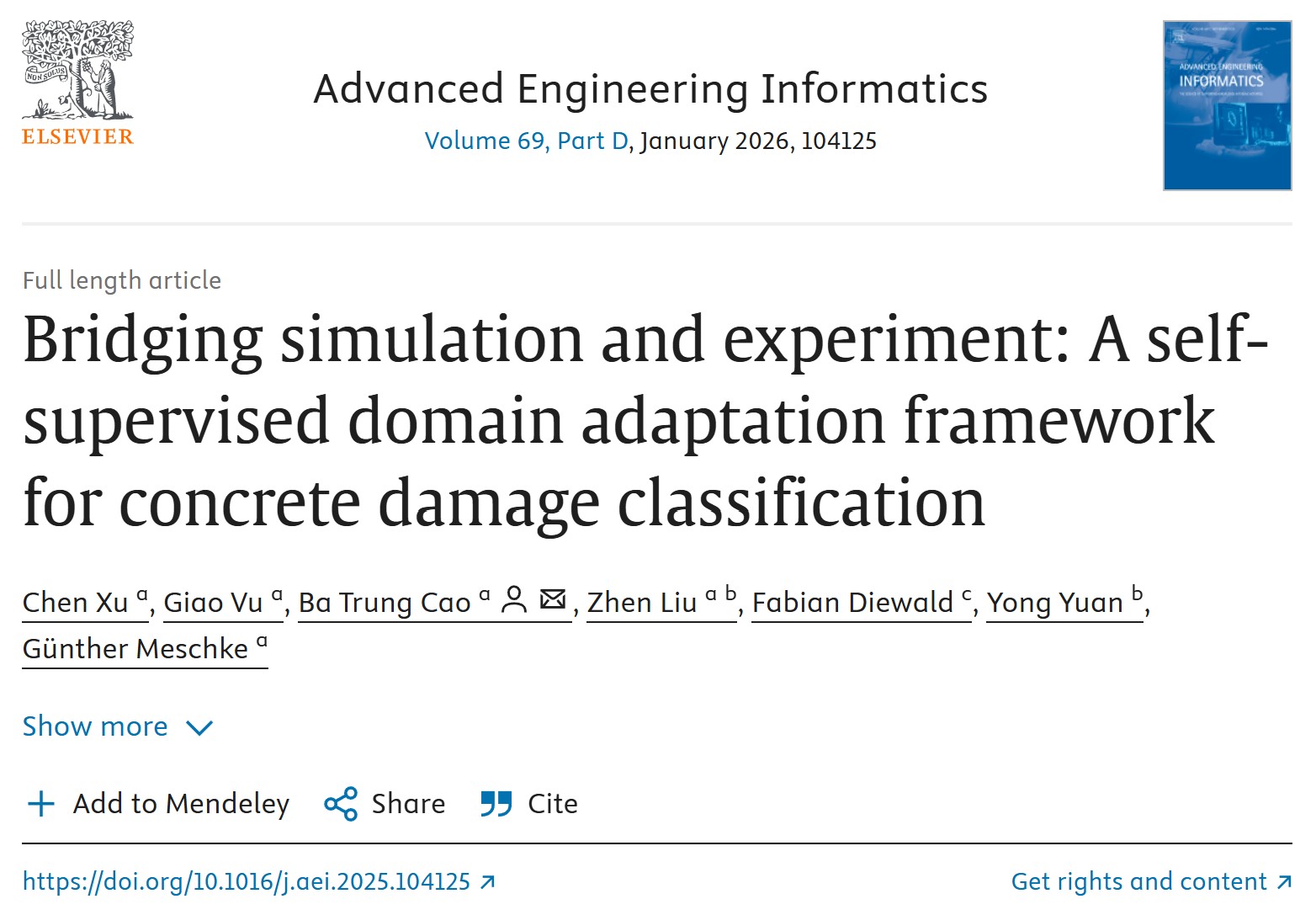
16.02.2018
Dr. Martin Ziegler form the ETH Zurich, will hold a guest lecture in the framework of SFB 837 about 'Rock mechanical investigations of Opalinus Clay shale in the new TBM-excavated Belchen highway tunnel (Switzerland)'.
The Swiss high-level nuclear waste repository concept requires access and ventilation tunnels or shafts, repository drifts, and underground laboratory space. The great length of repository drifts and tunnels at repository depth on the order of 24 km, together with the constraint to limit the damage of the geological barrier, among other factors, may suggest the use of tunnel-boring machines (TBMs). The new 3.2 km long Belchen N2 highway tunnel tube (Sanierungstunnel Belchen, STB) between Basel and Egerkingen, Switzerland, crosses the folded Jura mountains including about 570 m of Opalinus Clay shale (OPA), i.e., the designated target rock formation for the future deep nuclear waste repository.
The new Belchen tunnel is being constructed with enormous technical effort, because the old tunnel tubes have been damaged by swelling processes in long sections with Gipskeuper and OPA. The new tunnel offers the great opportunity to study fundamental and practical aspects of TBM excavation in OPA. Our project′s focus is on the rock mass behaviour of OPA during TBM tunnelling (short-term) and after tunnel completion (long-term). Investigations include structural geology, rock mechanical and mineralogical properties of the OPA in the Belchen area, fault hydrogeology, rock mass deformations, in-situ and laboratory OPA swelling behaviour, and short- and long-term changes and interactions (e.g., radial pressure changes) of the rock mass with the tunnel support, i.e., precast, outer steel-reinforced concrete tubbing rings and inner, cast-in-place concrete lining. In-situ monitoring systems were installed in a section where the tunnel has its maximum overburden of about 325 m, close to a cross-passage.
SFB_837_Gastvortrag_Ziegler2.pdf

"Adaptive insertion of interface elements for fracture analysis: Reliable computation of interface t
more...
Chen Xu, Giao Vu, Ba Trung Cao, Zhen Liu, Fabian Diewald, Yong Yuan, and Günther Meschke are the au
more...